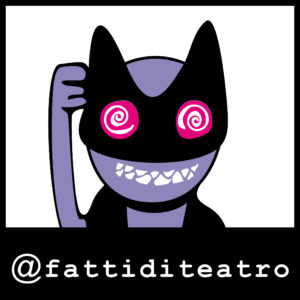BOLOGNA – There is something solemn, mystical and magical in the structure created, with a profusion of energies and dedication, other than ‘arts and crafts’, by Instabili Vaganti, a group (or, rather, duo, Nicola Pianzola from Novara and Anna Dora Dorno from Taranto, who met and settled down in Bologna) that, over the past few years, despite the young age of the two performers, has been more active abroad rather than in Italy. It is based on the hill close to the Ariette, another creative, sentimental and harmonious duo and maybe it is not a coincidence: on the one hand, the countryside with its silence, on the other travels and a cosmopolitanism that swirl and rotate around it. It is precisely their wandering and drifting that has ensured that, over the past ten years, they could forge numerous relationships, through plays, but above all workshops all over the globe and in several parts of the world: from Korea to India, from Mexico to China, Uruguay and Chile. Just the other day, their book “Stracci della memoria” (Rags of Memory), edited by Cue Press, was published: a work that includes their polyphonic and prolific path up until this rich and intense moment.
And it is in the “Celebration” that Instabili Vaganti’s deepest soul and spirit come out with the wait for that secular prayer of the man for the man, that in-depth exploration for the final knowledge of the self, awareness, living and perceiving the other as an essential and integral part of sharing, reflecting, mirroring, connecting. You can perceive, sound out and bite the whole they created in a week, working inside the fascinating Chiesa San Filippo Neri with the performers coming from all over the world who gave birth to a unity of purpose and art. “The Celebration” (created and directed by Anna Dora Dorno) is a song, an ode to joy and life, to ‘being there’, to dialogue and introspection, because one cannot exist without the other. The wait is similar to that of the pagan rituals that moves around, with concentric force that creates wind and harmony, with the lively movement of vestal virgins dressed in white, black and red. All of this creates a vortex that recalls the sea, new energies released in this space with high volutes, scraped ceilings, frescoes and a tension between the restoring of the ancient and the promotion of the contemporary preservative intervention.
On a little raised stage, there are five performers, five languages, Mexico, England, Brazil, Korea and Sweden that communicate through the guttural universality of ancestral sounds that reverberate and find support in these walls that smell of history and past life. The red rags envelop like flames, like a mother’s hug, like blood trails after a difficult birth. And it is in the immense white that the centrality of this little human pyramid intensifies and bursts into a mantra that rises and startles, roars and rears up to the top and then comes back down and pierces, pile and impale the listeners, striking their eyes, hearts and hears. Without any doubt, this contemplative hour that leads us towards the bowels of the earth, into the folds of time, is captivating. The floor creaks like a frozen fairy lake that is about to break to take us to another parallel, subterranean and subcutaneous dimension. The sound cuddles, smooth like a tongue while the crowd performs a song stamping its feet and making the ground shake. In this way, a compact, solid and prominent image is created, like “The Fourth Estate” by Pellizza da Volpedo, a thick wall ready to the impact run, not to melt under the sun, a vibrating wave where all thirty performers move as one in a mass that swings, sparkles, slips and trembles.
We are in front of a wedding, but also a sorrowful song, a merry ceremony and its funereal contrary, the rhythm of life and the sacrifice on the altar, the pain as the solar flare: it is life in all of its colours. The red rags wave like harpoons lodged in the back of a whale. Shreds of myth seem to come out: Odysseus in the waves, Hercules and his labours, Atlas with the world on his shoulders. They shout “Pain” wheezing astonished and the chorus rotate as if they were dervishes or zombies around the drawbridge. Tension rises, the scene decomposes and recomposes, finding a balance before deconstructing again in sweet fragility, in this structured uncertainty, in this seesaw of emotions, caresses, passages and sensual touching. In their spiritual and atheist path, between sacred and profane, there is room for memory, “Remember” repeated over and over again, until it becomes addictive. The echo creates pathos and adrenaline, emphasis and participation; here are the Swedish girl who quickly delivers her sharp speech, the Brazilian girl who gently intrigues from the pulpit and Nicola Pianzola (in this occasion very close to Pippo Delbono’s acting) who translates “This is the end” by Doors before it begins, ecumenical and fascinating, hysterical and hallucinogenic, Jim Morrison’s scratched and scratchy voice, never dead, before the collective dance, orgiastic carnival of arms raised high to invoke that earthly and tactile, concrete and human god of right, truth, understanding, closeness: an ode to life in all of its aspects.
Tommaso Chimenti
Translated by Angela D’Ambrosio





